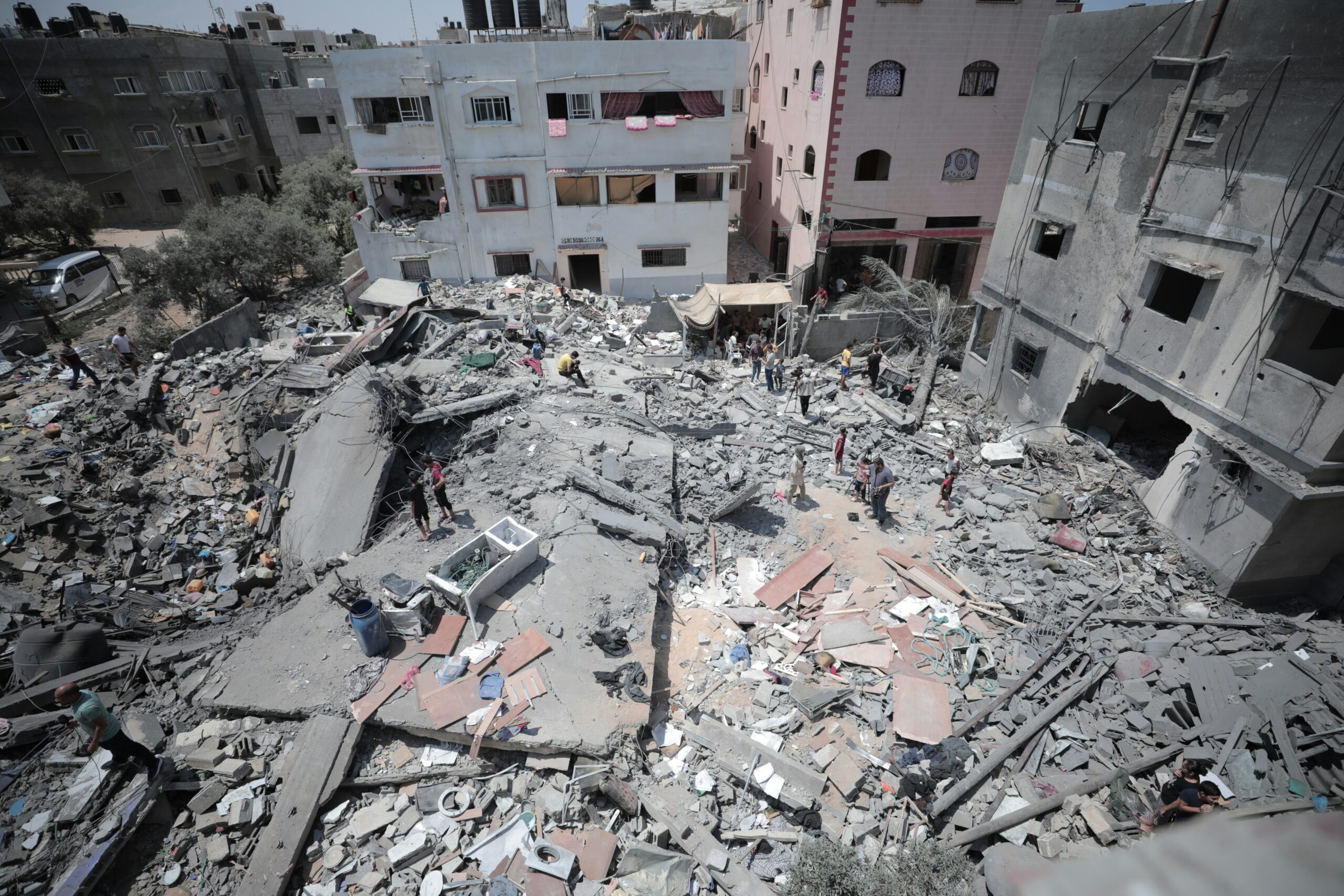
Israel has announced the commencement of its planned military operation aimed at seizing control of Gaza City, a significant escalation in the region’s ongoing conflict. This aggressive move is coupled with the mobilization of 60,000 reservists, highlighting the scale and seriousness of the operation. The assault begins amidst attempts by Egypt and Qatar to mediate a ceasefire, underscoring the complex dynamics of international diplomacy in conflict resolution.
Key Facts
- Israel has officially started the first phases of its planned assault on Gaza City.
- Simultaneously, Israel is mobilizing 60,000 reservists to support this military operation.
- The operation unfolds despite Egypt’s and Qatar’s renewed efforts to establish a ceasefire.
Background
The conflict between Israel and the Palestinian territories has been a long-standing issue with Gaza often at the center of these tensions. The strategic importance of Gaza City makes it a focal point in the conflict, with both sides having vested interests in the area. The mobilization of such a large number of reservists indicates a significant escalation in military activities, suggesting a substantial operation by Israeli forces.
Timeline / What We Know
The first stages of the assault have begun as per Israel’s announcement. The details on the progression of this operation remain limited, but the simultaneous call-up of a large reservist force points to a major escalation. The involvement of Egypt and Qatar in mediation indicates the international concern about the potential for broader conflict and the urgency of diplomatic efforts to prevent further escalation.
Official Reactions
There has been no detailed official reaction from either side regarding the latest developments in this conflict. International bodies and neighboring countries are closely monitoring the situation, given its potential to affect regional stability. The efforts by Egypt and Qatar to mediate a ceasefire highlight the critical role of diplomacy in trying to de-escalate the situation.
What’s Next
The future course of this conflict will depend heavily on the success of the Israeli military operation and the effectiveness of international mediation efforts. The large-scale mobilization and the ongoing assault could potentially lead to significant changes on the ground in Gaza. How the international community responds, and whether a ceasefire can be negotiated amidst these heightened tensions, remains a critical factor to watch.